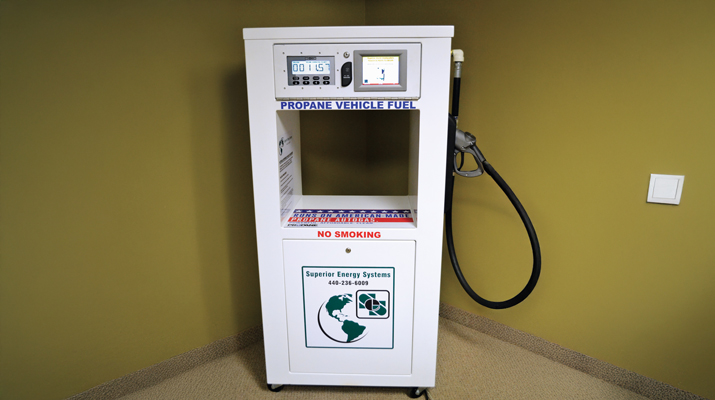Longtime occupational safety attorney: OSHA requirements matter
During the National Propane Gas Association’s fall board meeting in September, Ronald Taylor – a partner at Venable law firm with experience advising and defending employers and nonprofit organizations on labor, employment and occupational safety and health matters – explained via webinar why Occupational Safety and Health Administration (OSHA) regulations should stay top of mind, even for small businesses like propane operations.
Taylor says he hears business leaders use four top excuses for skirting OSHA requirements:
- The chances that I’ll get inspected are low.
- Penalties are low. I can treat them as business expenses and move on.
- None of my competitors are doing this.
- I do what I can. My employees need to be more responsible and use common sense.
He emphasizes that none of these excuses are valid defenses against an OSHA claim.
When it comes to blaming employees, Taylor reminds marketers it is a business’ duty to provide a safe workplace. OSHA operates under the logic that “if rules are important, and rules are broken, [companies] should be disciplined,” says Taylor. “If you’re breaking [a rule] and not disciplined, it’s not a good rule.”
Employee misconduct is defensible, says Taylor, but only if the company specifies a rule, trains employees on that rule and enforces the rule to ensure compliance.
As far as the risk of inspection, the law allows OSHA to come at a reasonable time and manner but forbids notification because enforcement only works with unannounced inspection. There are many ways you might end up on the inspection list or be reported, says Taylor: employee complaints, labor unions, firefighters and police officers who witnessed accidents on your premises, or simply drive-bys in which OSHA officers find reason to conduct an inspection.
It is increasingly difficult to avoid inspection because OSHA is being pressured to increase the number of inspections, explains Taylor.
“OSHA is under increasing political pressure to punish bad actors and people with cavalier attitudes toward safety,” he adds.
While Taylor does not know of any local or national emphasis programs that focus on the propane industry, that doesn’t mean the industry is off the hook. Several inspection plans relate to the propane industry, including focuses on cranes and construction, construction generally and use of powered industrial trucks such as forklifts. A propane retailer might get caught up in an inspection of a related business.
When assessing fines, businesses tend to miss the forest for the trees, says Taylor. While a single citation may be manageable, willful and repeat violations multiply exorbitantly. Citations are not confined to a single job site, so repeat violations can occur on any of the company’s properties. Moreover, when violations occur on an instance-by-instance basis, the results can be staggering, says Taylor.
In one case Taylor cites, a man fell to his death in an elevator shaft of an eight-story warehouse because the elevator system didn’t have electrical interlocks, which keep the doors closed. The warehouse had four elevator shafts, each with two doors that stopped at each of the eight floors. While the failure of one electrical interlock carries a maximum penalty of $10,000, the company was penalized for each door in each shaft and on each floor – or 64 total doors. The final penalty was $640,000.
In addition, while most OSHA citations amount to civil penalties, a provision allows for criminal penalties such as reckless endangerment and homicide, says Taylor.
Your compliance history is public record on OSHA’s website, so contractors can look it up to see if you have a good reputation for safety before partnering with you. Also, an OSHA citation will raise insurance premiums for workers’ compensation and liability, which can dwarf the OSHA penalty itself, says Taylor, so it makes sense from an economic standpoint to follow OSHA regulations even if competitors aren’t.
“Safety is good business,” he says.
Featured image: iStock.com/YinYang
















